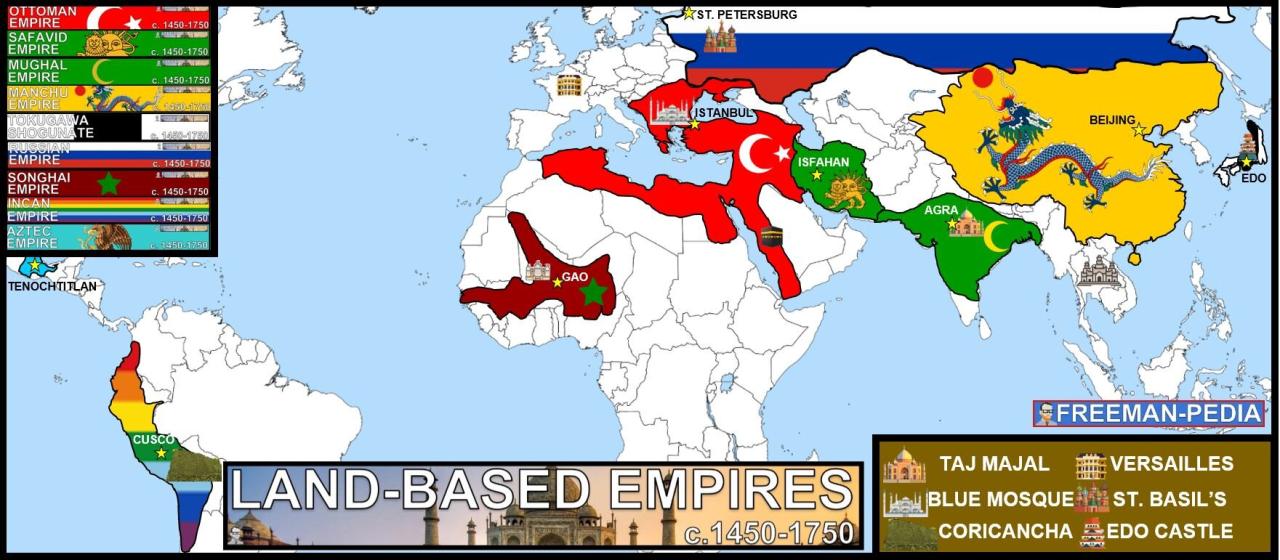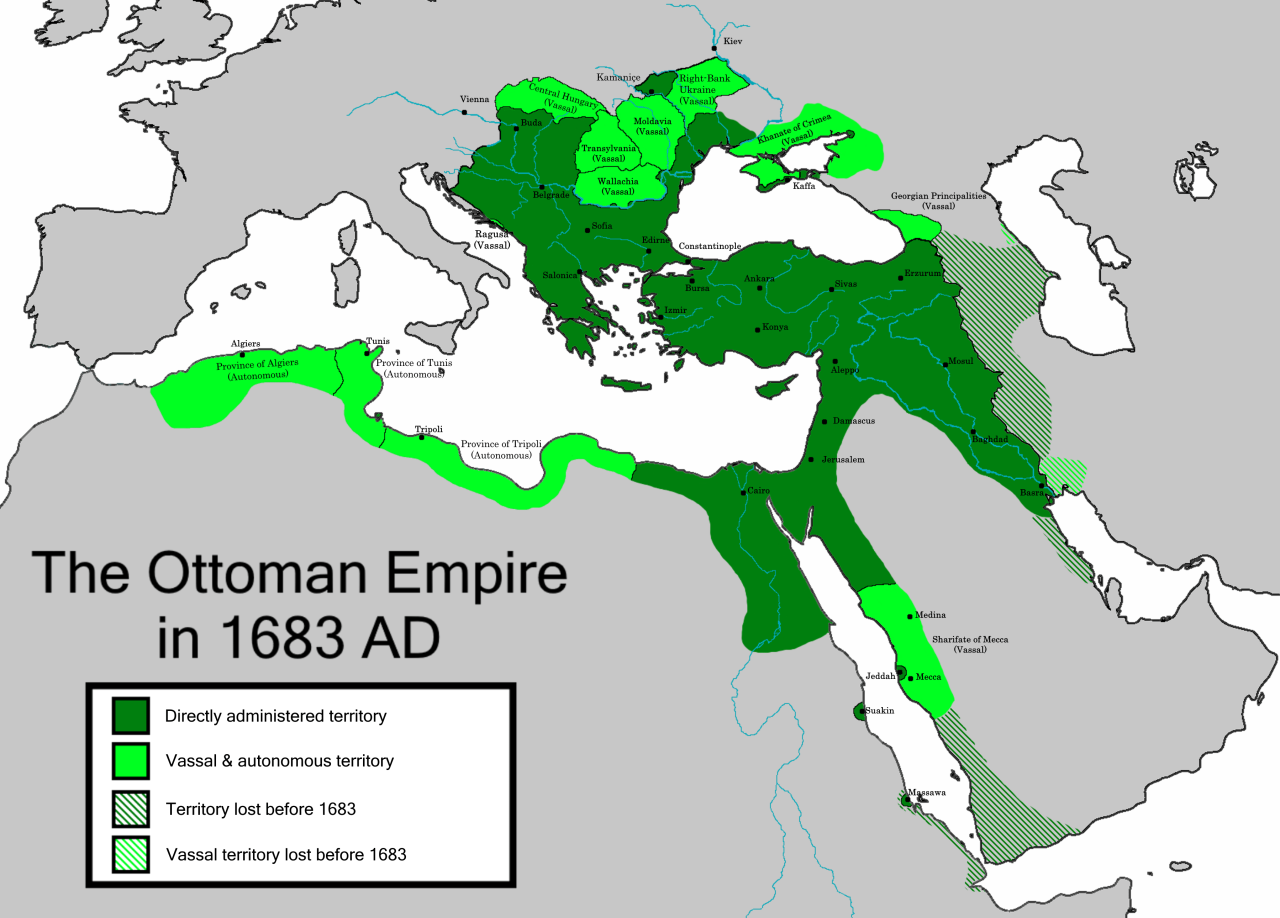Ottoman devshirme ap world history – Embark on a historical journey into the intriguing world of the Ottoman Devşirme system, a unique and effective military recruitment and training program that played a pivotal role in shaping the Ottoman Empire’s military and political landscape. Delve into the origins, methods, impact, and legacy of this fascinating system, exploring its strengths, weaknesses, and far-reaching consequences.
Established in the 14th century, the Devşirme system involved the recruitment of young Christian boys from the Balkans and Anatolia, who were then converted to Islam and trained as elite soldiers. These highly disciplined and loyal troops formed the backbone of the Ottoman army, contributing significantly to the empire’s military successes.
Ottoman Devşirme System

The Ottoman Devşirme system was a method of recruitment and training for the Ottoman army that was in place from the 14th to the 19th centuries. The system involved the forced conscription of Christian boys from the Balkans and Anatolia, who were then converted to Islam and trained as soldiers.
Origins and Development, Ottoman devshirme ap world history
The Devşirme system was first introduced by Sultan Orhan I in the 14th century. The system was initially used to recruit soldiers for the Ottoman army, but it was later expanded to include the recruitment of administrators and other officials.
Recruitment and Training
The Devşirme system was a highly organized and efficient method of recruitment and training. Christian boys between the ages of 8 and 14 were taken from their homes and brought to Istanbul, where they were converted to Islam and placed in special schools.
The boys were then trained in a variety of military skills, including horsemanship, archery, and swordsmanship.
Impact on Ottoman Military

The devşirme system played a crucial role in shaping the Ottoman military. Devşirme soldiers, known as Janissaries, formed the elite infantry corps of the Ottoman army and were instrumental in the empire’s military successes.
Strengths of the Devşirme System
The devşirme system offered several advantages to the Ottoman military:
- Loyalty:Devşirme soldiers were forcibly removed from their Christian families at a young age and raised in the Ottoman court. This process instilled a deep sense of loyalty to the Ottoman state and the sultan.
- Discipline:Janissaries underwent rigorous training and indoctrination, which instilled a strong sense of discipline and obedience. They were known for their unwavering loyalty and their willingness to fight to the death.
- Military Expertise:Devşirme soldiers were trained in the latest military techniques and tactics. They were equipped with the best weapons and armor, and they were organized into highly effective units.
Weaknesses of the Devşirme System
Despite its strengths, the devşirme system also had some weaknesses:
- Expense:Maintaining the Janissary corps was a significant financial burden for the Ottoman state. The soldiers were paid high salaries and received generous benefits.
- Decline in Military Effectiveness:Over time, the Janissary corps became less effective as a fighting force. They grew complacent and corrupt, and they were often unwilling to adopt new military technologies and tactics.
- Political Influence:The Janissaries became increasingly involved in politics and often used their power to influence government decisions. This led to instability and weakened the Ottoman state.
Social and Political Implications
The devşirme system had profound social and political consequences for the Ottoman Empire.
Impact on the Ottoman Ruling Class
The devşirme system created a new elite class within the Ottoman Empire. These devşirme officials were loyal to the sultan and the state, and they played a key role in the administration of the empire.
- The devşirme system helped to break down traditional tribal and ethnic loyalties.
- It created a meritocratic system in which advancement was based on ability rather than birth.
- The devşirme system also helped to create a sense of unity among the Ottoman ruling class.
Impact on the Broader Population
The devşirme system also had a significant impact on the broader population of the Ottoman Empire.
- The devşirme system created a sense of resentment among some non-Muslims, who felt that they were being unfairly targeted.
- The devşirme system also led to the forced conversion of many non-Muslims to Islam.
- The devşirme system had a negative impact on the family structure of some non-Muslim communities.
Comparison with Other Systems
The Ottoman Devşirme system shared similarities and unique features compared to other military recruitment and training systems throughout history.
One notable similarity was the practice of recruiting young boys from conquered territories. This was also seen in the Roman Empire’s Auxilia system and the Mamluk Sultanate’s Ghulam system. However, the Devşirme system differed in its focus on Christian boys, who were forcibly converted to Islam and trained in a centralized system.
Unique Features
- Centralized Training:The Devşirme system established a highly centralized training program for recruits, known as the Enderun School. This rigorous education instilled loyalty and discipline in the young recruits.
- Religious Conversion:Unlike other systems, the Devşirme system forcibly converted Christian boys to Islam, creating a loyal and dedicated corps of soldiers who were not tied to their original communities.
- Merit-Based Promotion:The Devşirme system emphasized merit-based promotion, allowing talented recruits to rise through the ranks regardless of their social or ethnic background.
Similarities
- Recruitment from Conquered Territories:Like the Roman Auxilia and Mamluk Ghulam systems, the Devşirme system recruited young boys from conquered territories to bolster the military.
- Military Training:All three systems provided rigorous military training to their recruits, ensuring they were skilled and disciplined soldiers.
- Political Power:In both the Ottoman Devşirme system and the Mamluk Ghulam system, soldiers who rose through the ranks could gain significant political power and influence.
Legacy and Impact: Ottoman Devshirme Ap World History

The Ottoman Devşirme system had a profound impact on the Ottoman Empire and beyond. It provided the empire with a loyal and effective military force that played a key role in its expansion and success.
The devşirme system also had a significant impact on the social and political development of the Ottoman Empire. It created a new elite class of non-Muslims who played an important role in the empire’s administration. The system also helped to integrate the empire’s diverse population and promote social mobility.
Influence on Military and Political Institutions
The devşirme system had a major influence on the development of military and political institutions in the Ottoman Empire.
- The Janissaries, who were the elite infantry of the Ottoman army, were recruited through the devşirme system. The Janissaries were a highly disciplined and effective fighting force that played a key role in the empire’s military successes.
- The devşirme system also provided the empire with a pool of talented administrators and officials. Many of the empire’s top officials, including the Grand Vizier, were recruited through the devşirme system.
FAQ Overview
What was the primary purpose of the Devşirme system?
The primary purpose of the Devşirme system was to provide the Ottoman Empire with a loyal and highly trained army.
How were boys selected for the Devşirme system?
Boys were typically selected from Christian families in the Balkans and Anatolia based on their physical and mental attributes.
What was the training process like for Devşirme soldiers?
Devşirme soldiers underwent rigorous training in military tactics, horsemanship, and other skills necessary for combat.
Did the Devşirme system have any negative consequences?
The Devşirme system has been criticized for its potential to disrupt family structures and create social tensions.